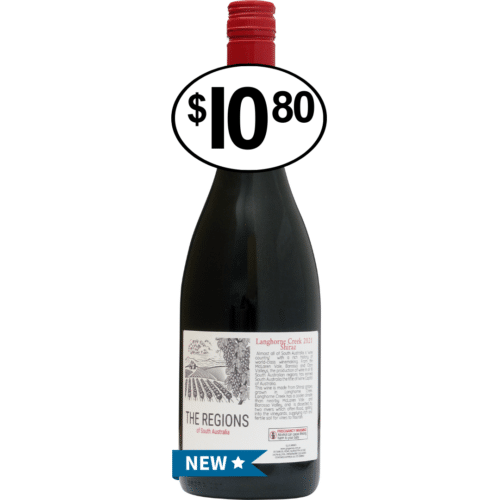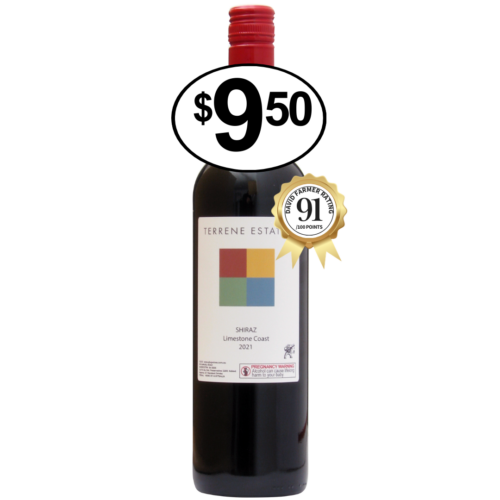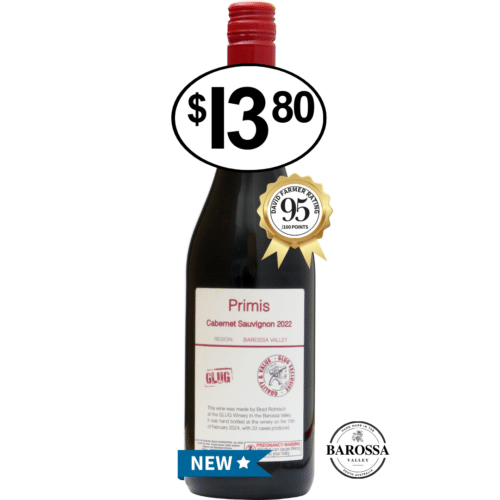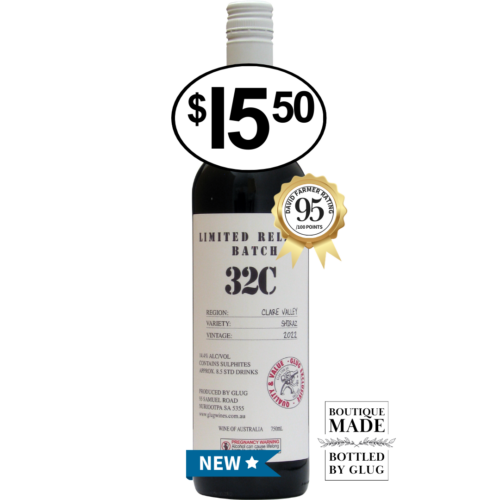Let’s talk wine tasting. Are you aware there are two types of wine experts, and they seldom have identical opinions? Winemakers are the technical types and develop from comparing their wines to the rest. The other can be you where interest grows from consuming. Let’s call this group the ‘media types’ which evolves from the waiter, lawyer, public servant, or anyone really.
Our background makes us place different values on the sensations we find in wine. The best winemakers, like Benjamin, the Glug winemaker, are partly both types. A rounded view allows them to balance the technical aspects of wine making with the need for a wine to be comfortable to drink.
The initial impression of a wine is critical so give the wine all your attention. I call this, letting the wine speak to you. Close your eyes or imagine you have by shutting out the surroundings. After swirling the glass really sniff the wine, now take a good mouthful, enough to roll around your mouth several times and importantly over the gums in front of the teeth. Hold it for many seconds, think about the sensations then swallow. While the taste receptors are on your tongue, I find coating my mouth is best.
You are now ready to make a comment though always say something nice and only later express what you really feel. Why do I advise this? To keep you from blurting out, yuck, no thanks, when your generous host has opened the best wine from the cellar. A wine with a gross fault should not have been served and since the wine in your glass is drinkable it will have one good point so find it. Thank the host, thank the wine, and make this your opening remark.
From the last week of wine commentary, the article I enjoyed most was by Eric Asimov of the New York Times, ‘Plenty of cheap wine is out there. But much of it is not very good.
Supermarket aisles are stocked with inexpensive, cunningly branded wines, packaged not to educate consumers about what’s inside the container but to appeal to one’s predilections, whether cute animals, titillation, desserts or an air of gloomy mystery.
Other wines, like those labelled clean or gluten free capitalize on consumer ignorance by making exaggerated claims or drawing fallacious contrasts.
Then you have wines that are good, honest renditions of historical styles, made using traditional methods. Sadly, these are often hard to pick out of the crowd because they require consumers to have some knowledge of both producers and wine labelling’.
Asimov has changed over the last year and now asks, what do my average readers wish to know. If we could now get our expert class to do the same, talk about good honest wines that do not cost too much we would all be better off.





